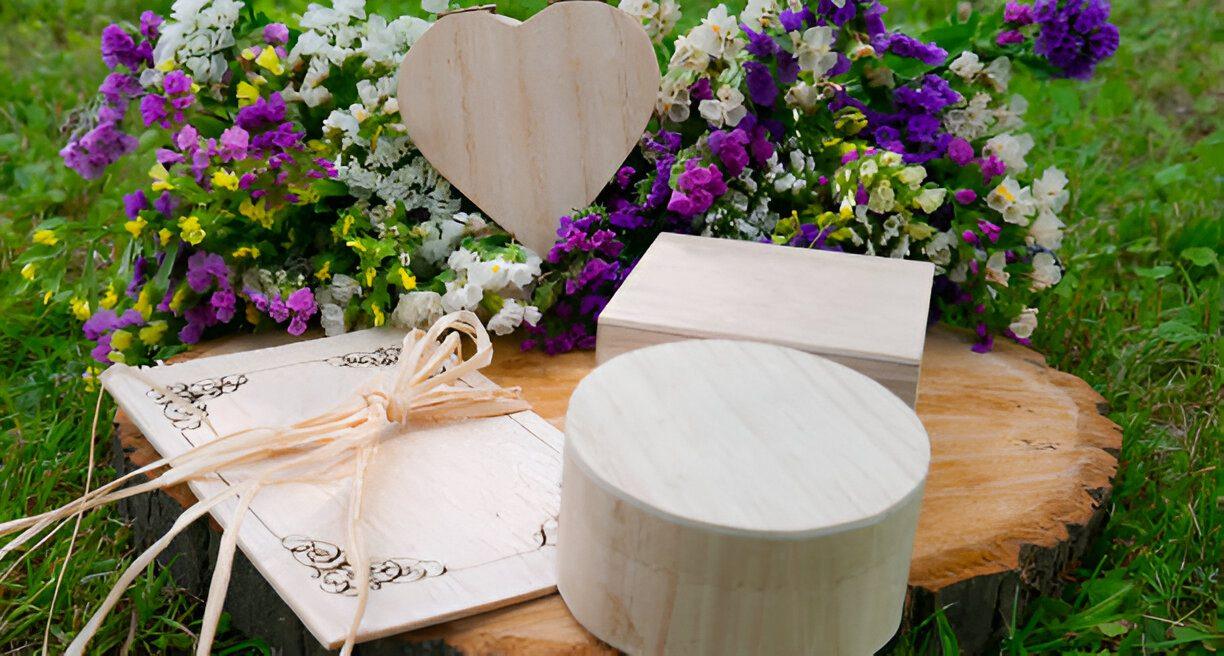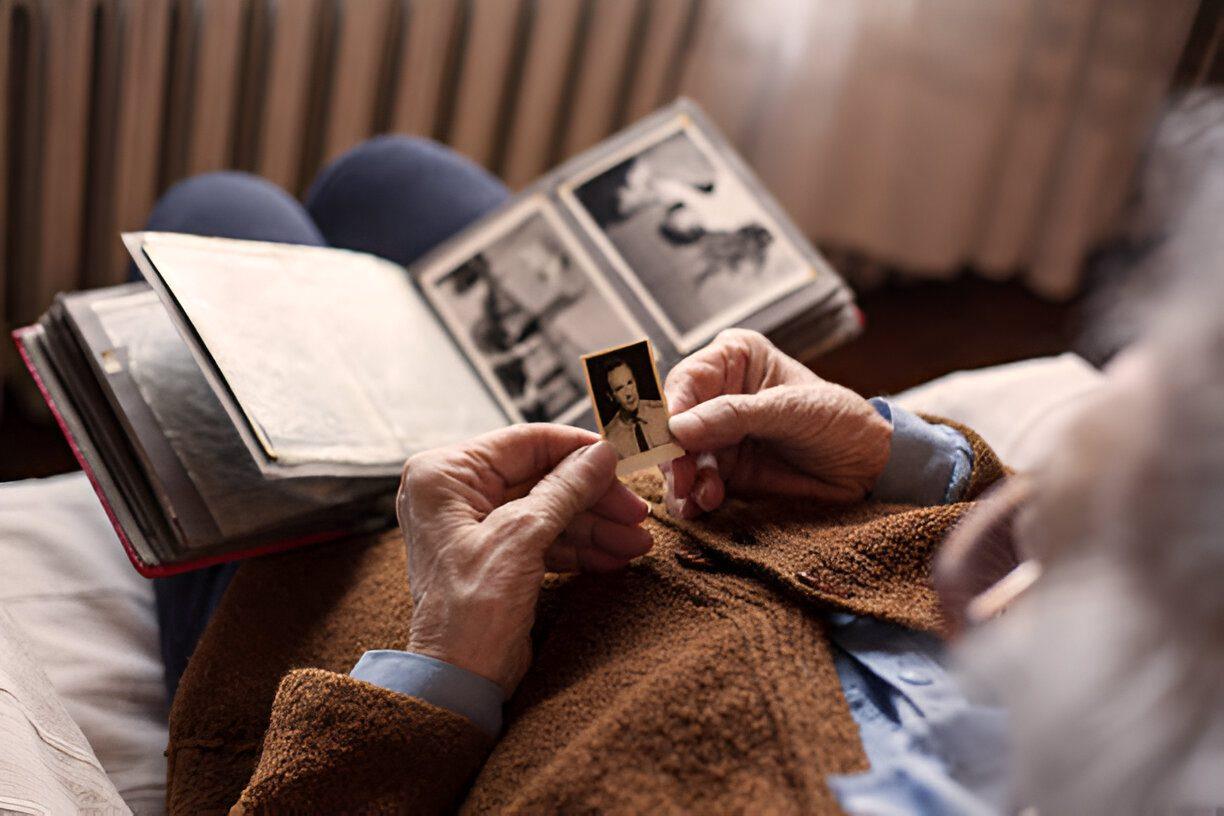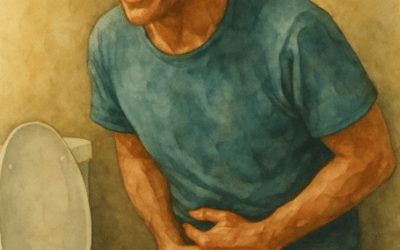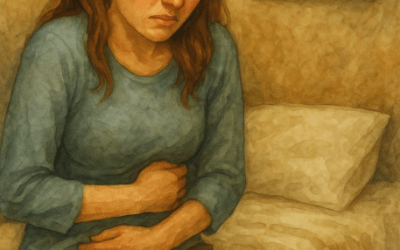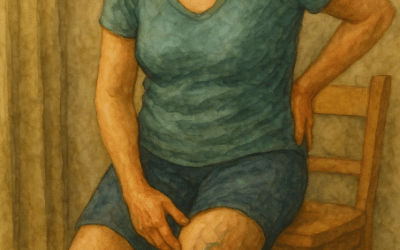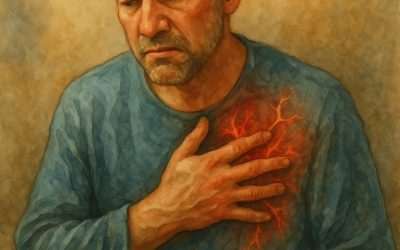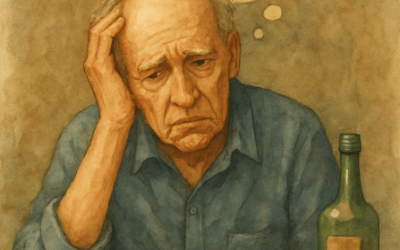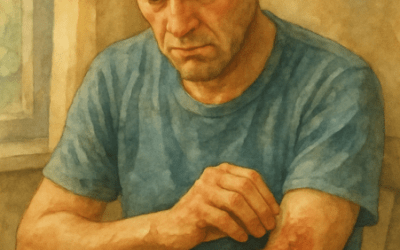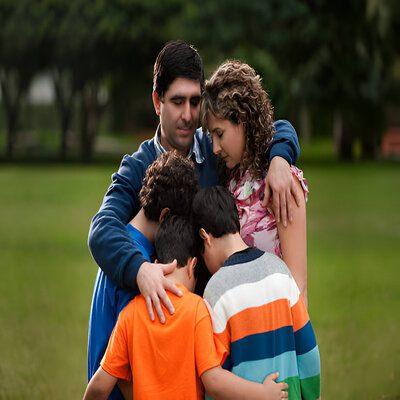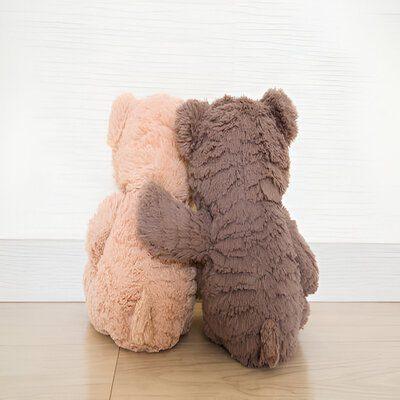When The Heart Mourns Before The Loss
When Melissa lost her childhood best friend to a falling out, she was devastated. The pain was sharp, the memories relentless. Yet, when she shared her sorrow, she was met with dismissive comments: “You’ll make new friends.” “At least she didn’t die.” “It’s just a friendship, not family.”
Melissa’s grief was real, but because society did not recognize it as a “valid” loss, she had no space to mourn. She felt isolated, ashamed for feeling so deeply about something others dismissed. This is the essence of disenfranchised grief—mourning that is unrecognized, unsupported, or even invalidated.
“I couldn’t stop crying over losing my pet, but everyone around me acted like it was trivial. That only made my grief more painful.”
When Society Doesn’t Acknowledge Your Loss
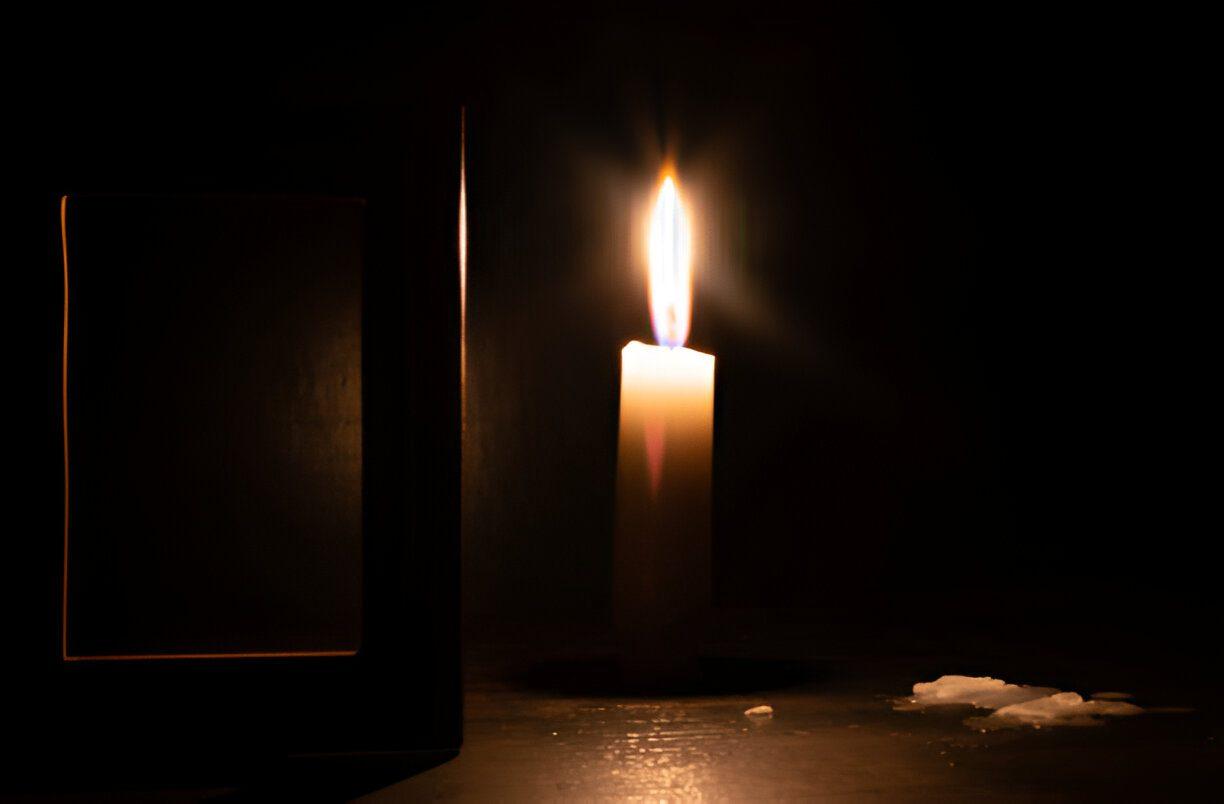
Understanding Disenfranchised Grief
Coined by grief researcher Kenneth Doka, disenfranchised grief refers to losses that are not socially acknowledged or publicly mourned. While grief is universal, society tends to validate only certain losses—such as the death of a spouse or parent—while overlooking or dismissing others.
This lack of recognition can make the grieving process more painful. People experiencing disenfranchised grief may feel:
✔️ Isolated – Lacking communal or social support.
✔️ Invalidated – Told that their loss “shouldn’t” hurt so much.
✔️ Ashamed – Feeling guilty for mourning something others see as insignificant.
✔️ Stuck – Unable to process grief due to no recognized outlet for expression.
Common Forms of Disenfranchised Grief
The Loss of a Pet
🐾 Society often minimizes pet loss, but for many, pets are family. Hearing “It was just an animal” neglects the genuine bond and sorrow.
Pregnancy Loss (Miscarriage & Stillbirth)
🤰🏽 Parents grieving a miscarriage or stillbirth face silence or dismissal, like “You can try again,” which undermines the emotional and physical toll of losing a child before birth.
The Death of an Ex-Partner
💔 Even after a relationship ends, the emotional ties can linger. The person’s death may trigger deep grief, but outsiders may dismiss it with “You broke up ages ago.”
The End of a Friendship
🫂 Society prioritizes romantic or familial bonds, ignoring that a lost friendship can be as painful. A sudden rift or slow fade can both leave lasting heartbreak.
Estrangement from Family Members
🚪 Cutting ties with a parent, sibling, or child—whether by choice or conflict—brings grief for the relationship that “should have been.” Yet, because the family member is still alive, society often disregards this loss.
Loss of Identity, Job, or Career
📉 Jobs are more than paychecks—they’re part of identity. Losing a job or facing forced retirement can cause grief society treats as merely financial.
Death of a Public Figure or Online Connection
📰 Mourning a celebrity or online friend is often trivialized. But these “parasocial” relationships can offer real comfort or inspiration, making their loss deeply felt.
Grieving a Dream or Life Path That Didn’t Happen
💭 Infertility, unachieved goals, or aging out of certain dreams can be acutely painful. Society may say “That’s life,” ignoring the genuine mourning of what might have been.
Why Disenfranchised Grief Is So Difficult
Because disenfranchised grief lacks public recognition, individuals often experience:
🔹 No Space to Mourn – Without social acknowledgment, people doubt their right to grieve.
🔹 Loneliness – Friends and family may not comprehend or offer support, increasing isolation.
🔹 Prolonged Grief – Without validation, sorrow can linger or even intensify over time.
🔹 Shame and Guilt – Feeling ashamed for mourning a loss others deem “unimportant.”
“Grief is not limited to death; it’s any moment the heart aches for what once was.” — Camille S.
How to Support Someone Experiencing Disenfranchised Grief
✔️ Acknowledge Their Pain
Even a simple “I’m sorry for your loss” can provide validation.
✔️ Listen Without Judgment
Let them speak about their grief. Avoid trying to “fix” it or diminishing their feelings.
✔️ Encourage Professional Help
If grief is prolonged or impairing, suggest therapy or counseling.
✔️ Offer Practical Support
Acts of kindness—like meals, a thoughtful note, or simply checking in—remind them they aren’t alone.
How to Navigate and Validate Disenfranchised Grief
1. Acknowledge Your Grief as Valid
💡 Why it helps: Healing begins when you stop dismissing your own sorrow.
✔️ Name your loss: “I am grieving the end of a close friendship.”
✔️ Avoid self-judgment: No loss is “too small” to deserve mourning.
✔️ Recognize that validation can come from within, not just external sources.
2. Create Personal Rituals of Mourning
💡 Why it helps: Rituals provide closure and honor emotions society overlooks.
✔️ Light a candle or write a letter to symbolize saying goodbye.
✔️ Dedicate a special item or corner in your home to remember what you lost.
✔️ Perform a small ceremony alone or with loved ones who do understand.
3. Seek Understanding Communities
💡 Why it helps: Sharing experiences eases isolation.
✔️ Join online forums or support groups for specific types of disenfranchised grief (e.g., pet loss, estrangement).
✔️ Seek professional counseling from a therapist versed in lesser-recognized losses.
✔️ Lean on empathetic friends who affirm your feelings, even if they haven’t experienced similar grief.
4. Express Your Emotions Through Writing or Art
💡 Why it helps: Creativity can channel unspoken grief.
✔️ Keep a journal of memories, regrets, or hopes.
✔️ Paint, draw, or compose music that reflects your inner turmoil.
✔️ Start a blog or social media account documenting your journey.
5. Set Boundaries with Unsupportive People
💡 Why it helps: Protecting yourself from dismissal or minimization is essential.
✔️ Calmly respond with, “This loss matters to me,” if someone downplays your grief.
✔️ Limit time with individuals who repeatedly invalidate your sorrow.
✔️ Focus on nurturing relationships with those who offer genuine empathy.
Stories of Faith and Grief: Real-Life Perspectives
1. A Widow’s Journey
She prayed fervently for her husband’s healing, only to lose him. Feeling betrayed by God, she distanced herself from church. Yet over time, through counseling and quietly reading Psalms, she found a renewed faith grounded less in guaranteed outcomes, more in God’s sustaining presence.
2. A Veteran’s Crisis
Seeing war’s devastation, he questioned divine goodness. Years later, spiritual introspection and compassionate community led him back to faith—not in naive certainty, but a presence that grieved alongside him.
3. A Father’s Legacy
He felt abandoned by God after his child’s passing. But by sharing his child’s memory in acts of service, he discovered a faith that championed love enduring beyond life.
Things To Try This Week!
- Name Your Loss Out Loud:
Even if others don’t understand, saying “I’m grieving the end of a friendship” or “I’m mourning my dream job” affirms your own feelings. - Create a Small Memorial Space:
Place a photo, a symbolic item, or a candle in a quiet corner—your personal spot to honor the unacknowledged loss. - Seek a Supportive Ally:
Whether it’s a friend, online community, or counselor, finding even one person who respects your grief can ease the burden of feeling invisible.
Conclusion
Every Loss Deserves Recognition
Disenfranchised grief may not be publicly acknowledged, but it remains real, worthy of compassion, and in need of support.
✔️ Your grief is valid.
✔️ Your pain deserves recognition.
✔️ You have the right to mourn.
By creating space for all forms of grief—big or small, socially accepted or dismissed—we honor the vast spectrum of human emotion and the significance each loss holds. 💙
No matter how society perceives your loss, the hurt you feel is legitimate and real. Recognizing and validating your own disenfranchised grief is the first step toward peace.
For supportive resources, creative expressions, and community connections, explore our cherish collections below—reminding you that every form of sorrow deserves a gentle space in which to heal.
Honoring the Overlooked: Validating Every Loss, Big or Small
Not all heartbreaks are publicly mourned, but each one echoes a truth in your life. Our All Things Cherish collection offers compassionate insights, reflective spaces, and meaningful gestures to help you acknowledge the grief others may dismiss. Because every sorrow, no matter how unrecognized, has the right to be heard and healed.
More Reflections, More Growth
Loss is complex, and the road to healing is different for everyone. These reflections offer insight, support, and guidance as you navigate this journey.
Grieving Ulcerative Colitis: Mourning a Life Interrupted by Pain
Grieving ulcerative colitis is mourning the spaces between battles—those fragile moments of peace constantly under threat. This story captures the strength it takes to live bravely while pain lurks just around the corner.
Grieving Urethral Syndrome: Mourning the Pain No One Talks About
Grieving urethral syndrome is mourning the quiet wars fought beneath brave smiles. This story captures the heartbreak of suffering that’s rarely seen but deeply felt.
Grieving Uterine Fibroids: When Pain and Loss Take Root Together
Grieving uterine fibroids is mourning both the life that hurt and the life that never had a chance to grow. This story captures the quiet sorrow of fighting battles hidden deep within.
Grieving Varicose Veins: Mourning the Pain Beneath the Surface
varicose veins is mourning the quiet burden no one sees. This story captures the resilience it takes to keep moving when every step feels heavier than the last.
Grieving Vasculitis: When the Body’s Rivers Turn Against Itself
Grieving vasculitis is mourning the pain that flows beneath the surface. This story captures the quiet devastation of loving someone whose very blood turned against them.
Grieving Viral Hepatitis: When Strength Fades Behind Closed Doors
Grieving viral hepatitis is mourning the fragile hopes shattered by unseen battles. This story captures the heartbreak of celebrating every small win while living in fear of the next fall.
Grieving Weight Disorders: Mourning the Body That Was Never Safe
Grieving weight disorders is mourning the years spent chasing an impossible peace. This story holds space for the sorrow of never feeling safe in your own skin—and for those who watched someone break under the weight of that war.
Grieving Wernicke-Korsakoff Syndrome: When Memory and Judgment Disappear Together
Grieving Wernicke-Korsakoff is mourning a mind unraveling in real time. This story captures the heartbreak of loving someone who forgets even the core of who they were—and who you were to them.
Grieving Wound Healing Disorders: When the Body Refuses to Recover
Grieving wound healing disorders is mourning the simple expectation that hurt should one day end. This story captures the exhausting wait for wholeness that sometimes never comes.
Explore Journeys of Healing and Solace:
Discover dedicated spaces that offer understanding, guidance, and connection through grief. From the loss of loved ones to life’s challenging transitions, each category provides a pathway to reflect, connect, and find peace in shared experiences.

